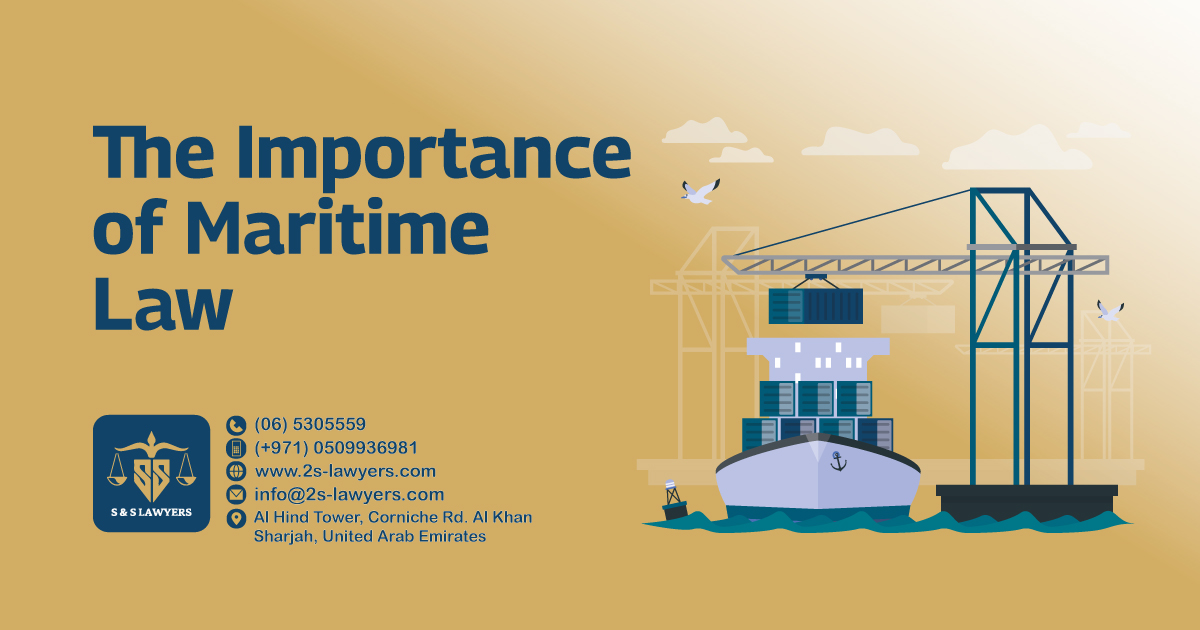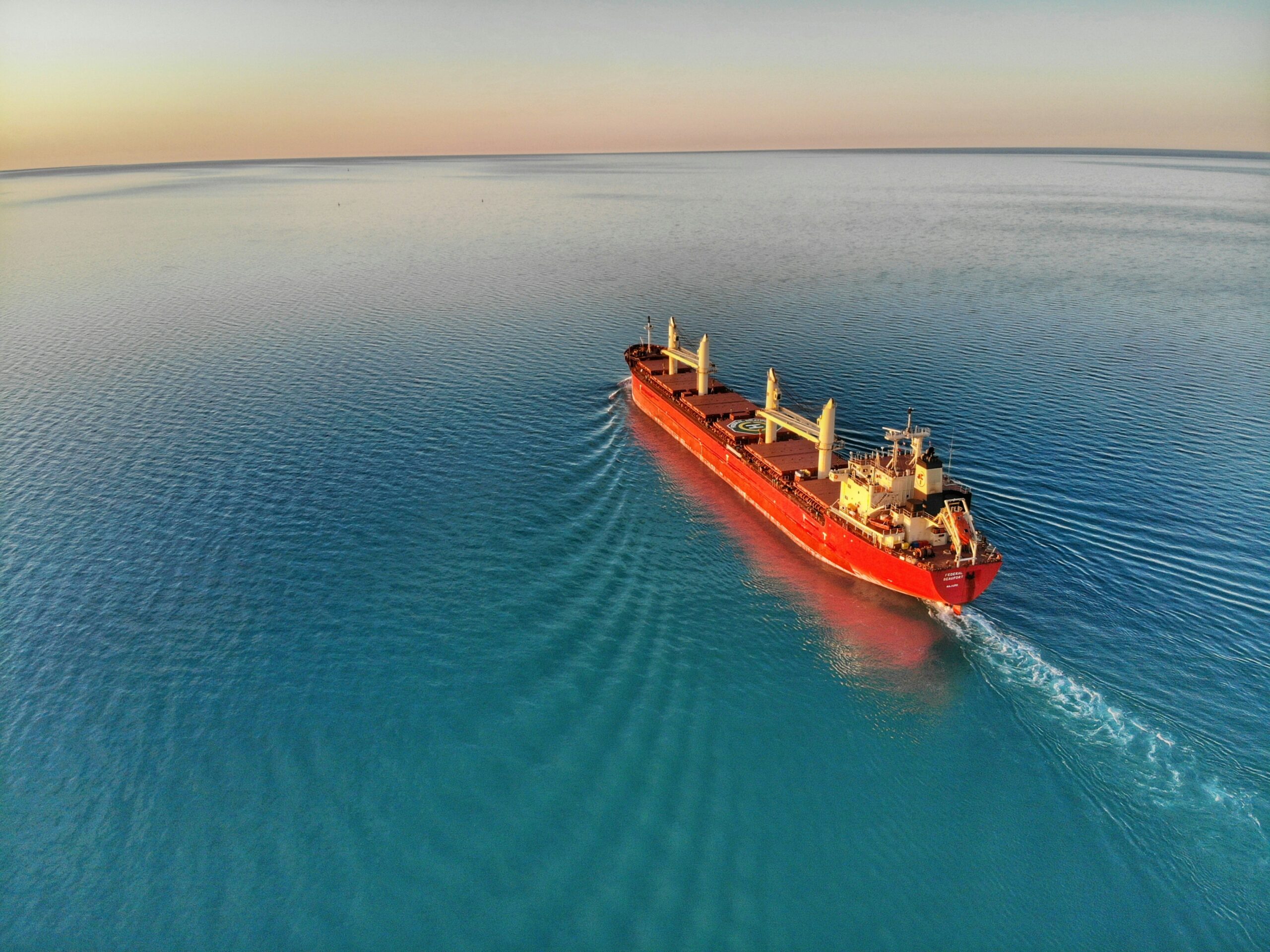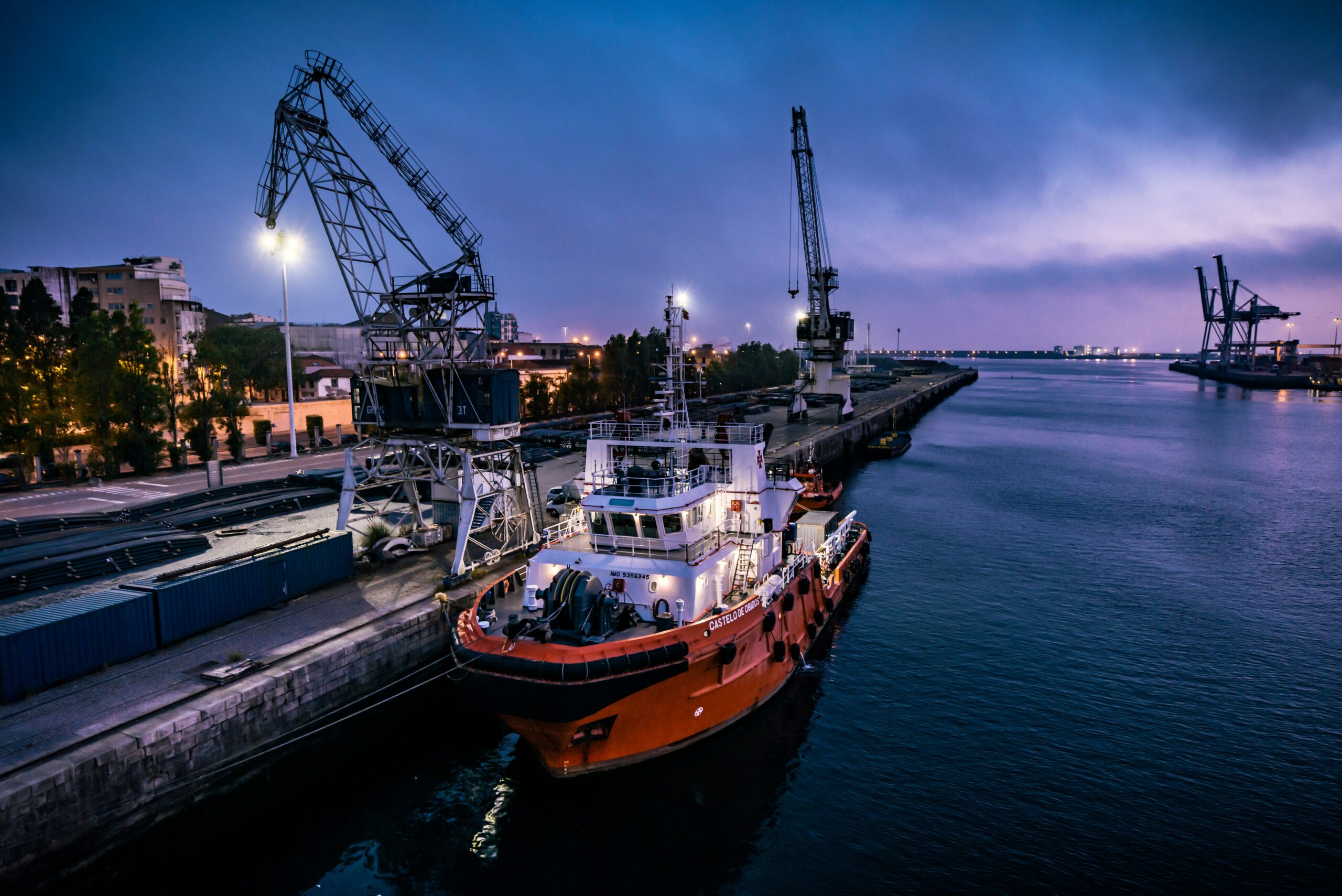The Importance of Maritime Law
Posted by
webtech

Introduction
Maritime law, also known as admiralty law, is a distinct body of law governing maritime questions and offenses. It is a fundamental aspect of the legal landscape, encompassing a range of issues from shipping and navigation to marine resources and international trade. The importance of maritime law is underscored by its critical role in ensuring the smooth operation of global commerce, protecting maritime workers, preserving the marine environment, and promoting international cooperation.
Facilitating Global Trade
Maritime law is the backbone of international trade. Over 80% of the world’s trade by volume is carried by sea, making the shipping industry a pivotal component of the global economy. This immense reliance on maritime transport necessitates a robust legal framework to manage and regulate the complexities involved in commercial shipping. Maritime law provides this comprehensive framework, encompassing a wide array of activities such as the carriage of goods, charter parties, ship sales, and marine insurance.
Carriage of Goods
The carriage of goods by sea involves the transportation of vast quantities of cargo across international waters, playing a crucial role in global trade and the economy. Maritime law ensures that there are standardized rules governing the responsibilities and liabilities of carriers and shippers, creating a structured framework that facilitates smooth and efficient maritime commerce. This legal framework includes regulations on the issuance of bills of lading, which serve as receipts for the cargo, as evidence of the contract of carriage, and as documents of title.
Bills of lading are essential legal instruments in maritime trade, as they provide the basis for the transfer of ownership of goods and play a pivotal role in the settlement of disputes over cargo loss or damage. They ensure that the cargo is properly documented, reducing the risk of fraud and misunderstanding. Additionally, these documents help to uphold the integrity of international trade by providing a clear record of the cargo's journey from the point of shipment to its final destination.
Maritime law also addresses issues such as the rights and obligations of parties involved, the procedures for handling claims and disputes, and the enforcement of international standards. By standardizing these aspects, maritime law helps to promote trust and cooperation among international trading partners, ultimately contributing to the stability and predictability of global trade networks.
Charter Parties
Charter parties are agreements between the owner of a vessel and a charterer who rents the vessel or a part of its cargo space. These agreements are fundamental to the shipping industry, facilitating the movement of goods around the world. Maritime law governs the terms and conditions of these contracts, covering aspects such as hire rates, voyage terms, and the allocation of risks. By providing a legal framework for these agreements, maritime law ensures that both parties have clear expectations and legal recourse in case of disputes.
Ship Sales
The sale and purchase of ships are significant transactions in the maritime industry, involving substantial financial investments and complex legal considerations. Maritime law regulates these transactions to ensure transparency, fairness, and legal certainty. This regulatory framework encompasses various aspects, including the transfer of ownership, the registration of ships, and the resolution of disputes related to the sale.
The transfer of ownership involves detailed processes to ensure that the title to the ship is clear and that all necessary documentation is properly executed. This includes the bill of sale, which must be duly signed and often notarized to be legally binding. Additionally, maritime law mandates that the ship's registration be updated to reflect the new owner, ensuring that the vessel's records are accurate and current in national and international registries.
Dispute resolution mechanisms are also an integral part of maritime law, providing structured processes for addressing disagreements that may arise during the sale and purchase of ships. This includes arbitration, mediation, and litigation, each offering different pathways to resolve conflicts efficiently and equitably.
Proper regulation of ship sales is vital for maintaining trust and efficiency in the shipping market. It allows for the smooth transfer of assets, encouraging investment and facilitating the continued growth of the maritime industry. Effective regulation ensures that all parties involved in ship transactions are protected, promoting a stable and reliable environment for maritime commerce. This stability is essential for fostering long-term investment and innovation within the industry, contributing to the overall health and sustainability of global trade.

Marine Insurance
Marine insurance is another critical aspect of maritime law. It provides financial protection against the risks associated with maritime activities, such as damage to ships and cargo, piracy, and natural disasters. Maritime law sets the standards for marine insurance policies, ensuring that they provide adequate coverage and that claims are settled fairly and promptly. This legal framework is essential for mitigating the financial risks involved in maritime trade, thus promoting stability and confidence in the industry.
Dispute Resolution
A key function of maritime law is to provide mechanisms for the resolution of disputes that arise in the course of maritime activities. This includes disputes over cargo damage, charter party terms, ship collisions, and salvage operations. Maritime law offers a range of dispute resolution methods, including arbitration, mediation, and litigation in specialized admiralty courts. By providing clear rules and procedures, maritime law facilitates the efficient and fair resolution of disputes, minimizing disruptions to international trade.
The Role of UNCLOS
The United Nations Convention on the Law of the Sea (UNCLOS) is a key treaty in the context of maritime law, establishing guidelines for how nations use the world’s oceans, which cover about 71% of the Earth’s surface. UNCLOS delineates territorial waters, exclusive economic zones (EEZs), and the rights of passage, providing a legal framework that helps maintain order and predictability on the high seas.
Territorial waters extend up to 12 nautical miles from a country's coastline, within which the nation has sovereignty, subject to certain international navigation rights. Beyond this, up to 200 nautical miles, lies the EEZ, where a state has rights to explore and exploit marine resources, including energy production from water and wind. UNCLOS's provisions for rights of passage ensure that ships can navigate through international straits and other crucial maritime routes without unnecessary hindrance, facilitating global trade.
By establishing these guidelines, UNCLOS helps to prevent conflicts over maritime boundaries and resources, promoting peaceful and cooperative use of the oceans. This legal clarity is essential for the smooth operation of international trade routes, ensuring that ships can traverse the seas efficiently and safely, thereby supporting the global economy.
In conclusion, maritime law is indispensable for the regulation and facilitation of international trade. Its comprehensive framework ensures that the vast and complex network of maritime activities operates smoothly, supporting global commerce and economic stability.

